
Zest [vitality, enthusiasm, vigor, energy]: Approaching life with excitement and energy; not doing things halfway or halfheartedly; living life as an adventure; feeling alive and activated (personified for example by the Dalai Lama) (Source: VIA Institue)
Zest is a dynamic strengths that is directly related to physical and psychological wellness. This strength has the strongest ties to overall life satisfaction and a life of engagement. Learn more at Via Institute on Character
The Noel Strengths Academy defines it this way:
- Those who have zest approach life with excitement and energy
- A refusal to do things halfway or halfheartedly
- Vigorous
- To have the strength of zest is to live life as an adventure
- Zest is about feeling alive and activated

- Underuse: Sedentary
- Overuse: Hyperactive
Key Research:
- Rank order of ZEST in populations from:
- US : 20;
- European: 19
- Asia: 21
- Latin America: 19
- Sub-Saharan Africa: 21
- Middle east: 19
- Top 10 (rank order) strengths expressed at work: honesty, judgment, perspective, fairness, perseverance, love of learning, leadership, zest, curiosity, social intelligence.
- Workplace study found that the most important predictors of work-related outcomes were signature strengths fit (signature strengths that are applied at work) and the strengths of teamwork and creativity. Those character strengths that most highly correlated with total workplace well-being (positive emotions, engagement, positive relationships, meaning, and achievement) were zest, teamwork, hope, love, gratitude, leadership, and perseverance (Harzer, Mubashar, & Dubreuil).
- Across occupations, curiosity, zest, hope, gratitude, and spirituality are the Big 5 strengths associated with work satisfaction (Peterson et al., 2010).
- Character strengths – especially zest, perseverance, hope, and curiosity – play a key role in health and ambitious work behavior (Gander, Proyer, Ruch, & Wyss, 2012).
- In a study of 196 children taking the VIA Youth Survey, zest, love of learning, perseverance, and social intelligence showed the strongest positive relations to school-related positive affect while teamwork, hope, self-regulation, and love showed the strongest negative correlations with negative affect at school. Character strengths also showed an important relationship to school achievement (Weber, Wagner, & Ruch, 2016).
- Across age groups, hope, zest, and humor showed the most consistently high correlations with well-being (Martinez-Marti & Ruch, 2014).
- In addition to replication of the connection between hope, gratitude, love, zest, and curiosity with life satisfaction, the strengths that were the best predictors of future life satisfaction were hope and spirituality (Proyer et al., 2011).
- The character strengths most associated with the meaning route to happiness are religiousness, gratitude, hope, zest, and curiosity (Peterson et al., 2007).
- The character strengths most associated with the engagement route to happiness are zest, curiosity, hope, perseverance, and perspective (Peterson et al., 2007).
- The character strengths most associated with the pleasure route to happiness are humor, zest, hope, social intelligence, and love (Peterson et al., 2007).
- The 5 character strengths most highly related to life satisfaction are hope (r = .53), zest (r = .52), gratitude (r = .43), curiosity (r = .39), and love (r = .35). These strengths consistently and repeatedly show a robust, consistent relationship with life satisfaction (Park, Peterson, & Seligman, 2004).
Psychological Impacts of Zest
- Vitality is linked to greater life satisfaction: Research has shown that individuals with high levels of Vitality tend to have greater life satisfaction, which is associated with greater well-being and happiness (Peterson & Seligman, 2004).
- Vitality is associated with greater energy and motivation: People with high Vitality tend to have greater energy and motivation, which is associated with greater productivity and success (Lyubomirsky et al., 2005).
- Vitality is a key component of resilience: Vitality is a key component of resilience, which is the ability to bounce back from adversity and trauma (Tugade & Fredrickson, 2004).
- Vitality is linked to greater creativity: Research has shown that individuals with high levels of Vitality tend to be more creative, which is associated with greater innovation and success (Amabile, 1996).
- Vitality is associated with greater playfulness: People with high Vitality tend to be more playful, which is associated with greater joy and happiness (Kashdan & Ciarrochi, 2013).
- Vitality is a key predictor of physical health: Vitality is a key predictor of physical health, with high Vitality individuals tend to have better physical health and lower rates of illness and disease (Seligman et al., 2005).
- Vitality is linked to greater self-care: Research has shown that individuals with high levels of Vitality tend to take better care of themselves, which is associated with greater physical and mental health (Lyubomirsky et al., 2005).
- Vitality is associated with greater flow experiences: People with high Vitality tend to experience more flow experiences, which are periods of heightened focus and engagement (Csikszentmihalyi, 1990).
- Vitality is a key component of positive relationships: Vitality is a key component of positive relationships, which are associated with greater happiness and well-being (Lyubomirsky et al., 2005).
- Vitality can be developed through practice and training: Research has shown that Vitality can be developed through practice and training, such as through exercise, mindfulness, and play (Hölzel et al., 2011).
Put into action the recommendations from the Authentic Happiness Coaching Newsletter on Zest:
- Do something because you want to do it, not because you have to do it.
- Get a good night’s sleep and eat a good breakfast to give yourself more energy during the day.
- Do something physically vigorous in the morning (e.g., go for a run, do power yoga, jump on a mini-trampoline, do an exercise video).
- Go out of your way to become more involved in an organization to which you already belong.
- Find your passion. What do you love to do? If you already know what your passion is, then build time for it in your schedule. If you don’t, then try to discover it. What did you love to do when you were younger? Try it again now.
Tayyab Rashid and Afroze Anjum offer 340 Ways to Use VIA Character Strengths including these four for Zest:
- Do a physical activity of your choice, one that you don’t have to do and that you are not told to do. Notice how this affects your energy level.
- Think of ways to make an assignment exciting and engaging before you undertake it. While doing it, see if you can focus to the point where you lose track of time.
- Do at least one outdoor activity weekly such as hiking, biking, mountain climbing, brisk walking, or jogging, for an hour. Enjoy both the outdoors and your own internal sensations.
- Take time to celebrate your next two accomplishments and victories. Invite others to celebrate with you without coming off as boastful.
In this short talk, Arianna Huffington shares a small idea that can awaken much bigger ones: the power of a good night’s sleep. Instead of bragging about our sleep deficits, she urges us to shut our eyes and see the big picture: We can sleep our way to increased productivity and happiness — and smarter decision-making.
Russell Foster is a circadian neuroscientist: He studies the sleep cycles of the brain. And he asks: What do we know about sleep? Not a lot, it turns out, for something we do with one-third of our lives. In this talk, Foster shares three popular theories about why we sleep, busts some myths about how much sleep we need at different ages — and hints at some bold new uses of sleep as a predictor of mental health.
Ted Talk with Stuart Brown on the need for Play
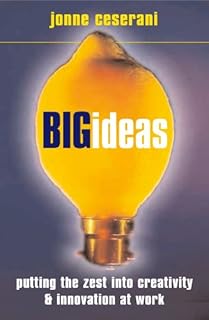 Jonne Ceserani is a Partner in Synectics, an international consulting and training firm based in London and Cambridge MA that specializes in innovation and the management of change. Ceserani has worked around the world delivering creativity, innovation, change, leadership, and coaching programs for clients as diverse as Coca-Cola, Bass and Unilever. Ceserani is the author of “Innovation and Creativity” (Kogan Page).
Jonne Ceserani is a Partner in Synectics, an international consulting and training firm based in London and Cambridge MA that specializes in innovation and the management of change. Ceserani has worked around the world delivering creativity, innovation, change, leadership, and coaching programs for clients as diverse as Coca-Cola, Bass and Unilever. Ceserani is the author of “Innovation and Creativity” (Kogan Page).
 Written in a pragmatic, yet inspirational style, this book provides relevant and useful information on happiness. It provides a brief history of happiness and motivates readers to apply strategies related to happiness in their day-to-day life. It also discusses the benefits of being happy and the consequences of being unhappy. The chapters are grouped under four headings – Zany, Zeal, Zest and Zing. Each chapter is unique and will be of great interest to readers.
Written in a pragmatic, yet inspirational style, this book provides relevant and useful information on happiness. It provides a brief history of happiness and motivates readers to apply strategies related to happiness in their day-to-day life. It also discusses the benefits of being happy and the consequences of being unhappy. The chapters are grouped under four headings – Zany, Zeal, Zest and Zing. Each chapter is unique and will be of great interest to readers.
Why we sleep
Thrive, by Arianna Huffington, shines a light on the missing ingredient in our perception of success, which includes well-being, wonder, wisdom and giving, and goes beyond just money and power, which often drive people right into burnout, terrible health and unhappiness. More in Four minute Summary.
Eat, Move, Sleep shows you that living a long and healthy life is not the result of massive lifestyle changes, but of lots of small habits, which improve the way you sleep, eat and exercise and, if combined, add a whole lot to your health. More in Four minute Summary.
Authentic Happiness Coaching Newsletter: Vitality

Podcasts to feed your Zest/Vitality:
- Live for Vitality podcast. Andréa is a biohacker in lifestyle medicine. Founder of the Micro-biome Think Tank & The Yoga Graduate School, Andréa travels the world empowering people to take health back into their own hands. Teaching from a place of resonance – where you feel what she says rather than merely intellectualize it – she has great success activating people’s lives. Tune in!
- Zestology: Sky Sports presenter and author Tony Wrighton goes on a podcast journey to discover the new rules for living with energy, vitality and motivation. Packed full of epic health tips, fun biohacking gadgets, supercharged supplements and some of the most respected and well-known experts on the planet. Oh, and occasionally all this experimentation goes wrong – you’ll hear those bits too.
- “The Untapped Power of Enthusiasm” – TED Radio Hour Summary: This episode looks at the science and benefits of cultivating enthusiasm, energy and zest for life. URL: https://www.npr.org/2022/05/13/1098721995/the-untapped-power-of-enthusiasm
- “Vitality: How to Create a Life of Rewarding Growth” – The Rich Roll Podcast
Summary: Rich Roll discusses habits and mindsets for living with passion, energy and continual growth. URL: https://richroll.com/podcast/artichokepress-vitality/ - “Staying Energized” – The Psychology Podcast with Steven Kotler Summary: Explores how to increase physical and mental energy through nutrition, exercise, and flow states.
URL: https://stevenkotler.com/podcast/staying-energized-the-psychology-podcast-with-steven-kotler/ - “Jonathan Fields: Exploring the Zest of Inspiration” – Good Life Project Summary: A discussion on identifying and pursuing the activities that vitalize you most. URL: https://www.goodlifeproject.com/podcast/jonathan-fields-exploring-the-zest-of-inspiration/
- “Sparking Energy in Your Life and Work” – Afforded Freedom with Brett Peasley Summary: Practical tips for boosting vibrancy and avoiding burnout across life domains. URL: https://www.affordedfreedom.com/podcast/sparking-energy-in-your-life-and-work
- Podcast: “The Happiness Lab with Dr. Laurie Santos” Episode: “Zest for Life” – Dr. Laurie Santos explores the science of zest and enthusiasm, providing practical strategies for boosting energy, motivation, and overall well-being.

- Pranayama For Restoring Vitality –Insight Timer
- Meditation | Vitality –Insight Timer
- Guided Meditation for Relaxation, Healing and Vitality
Read:
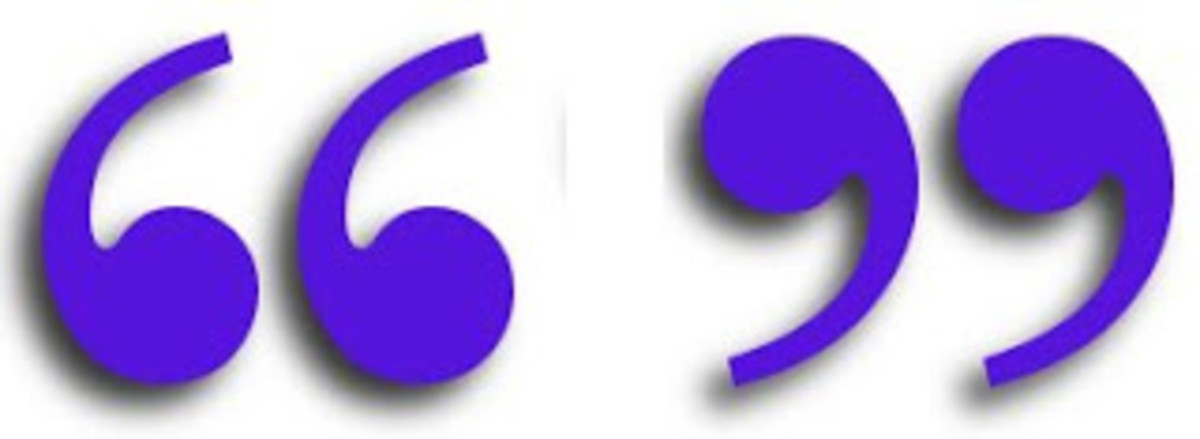
Quotations on Zest
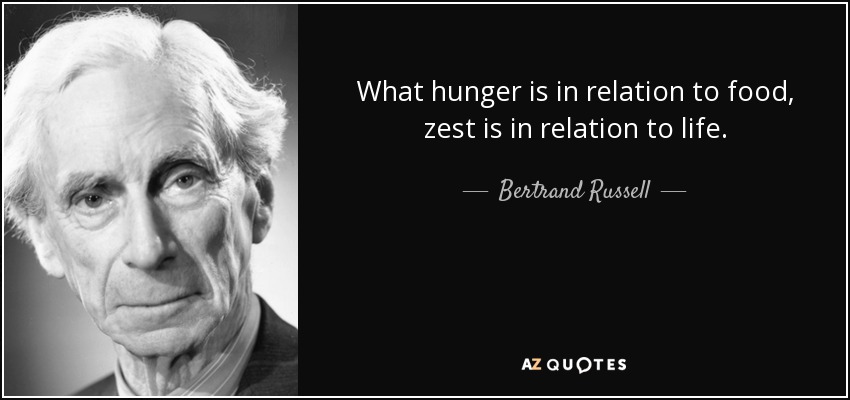
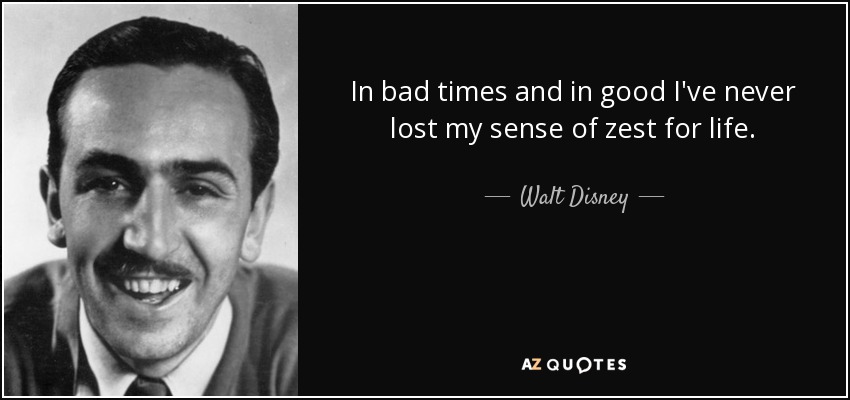
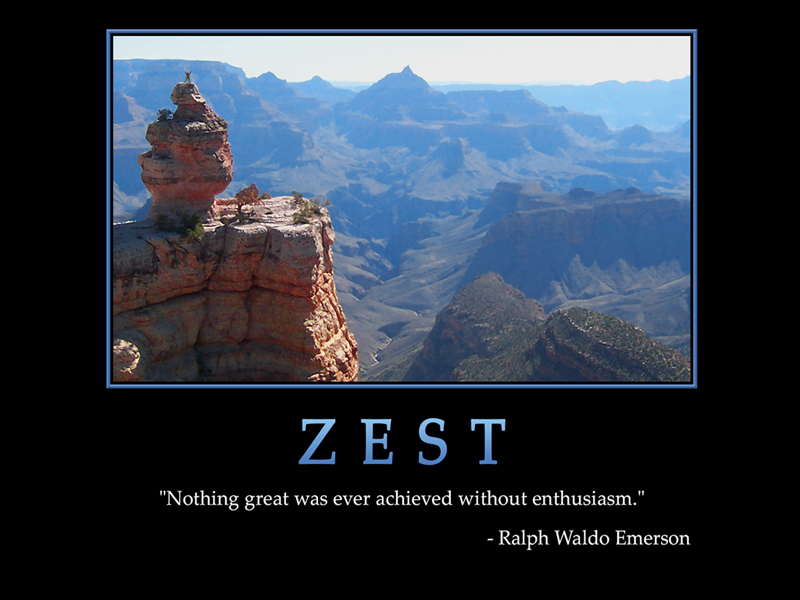
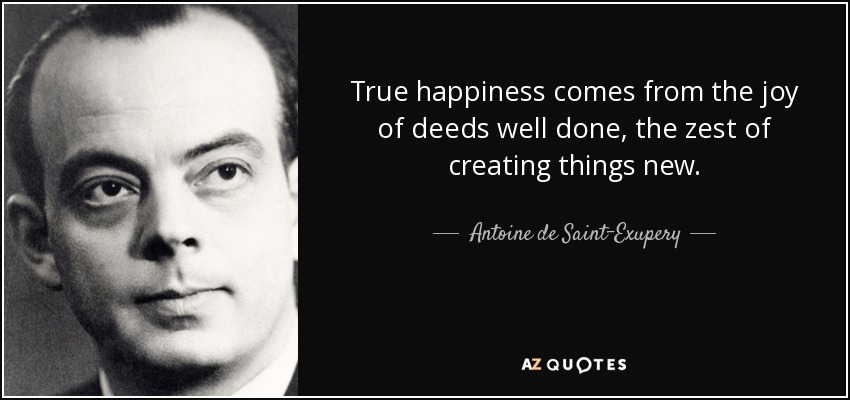
―




